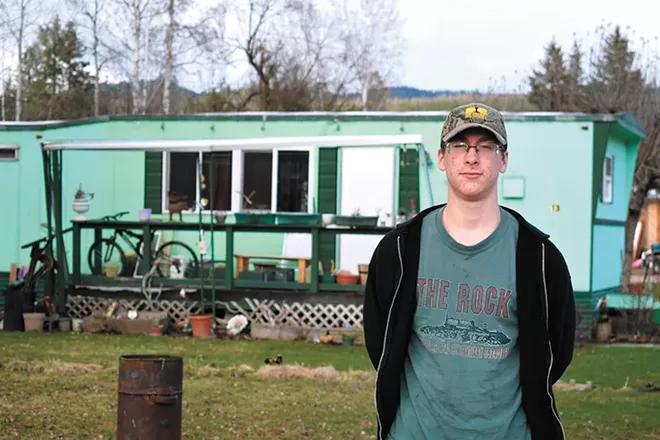The debate regarding the appropriate use of group care is not new. It has endured because it is complex. The article "The Long Way Home" (4/27/17) presented a clear answer for a young man's experience in the system, framed as a black-and-white choice: Should a teenager be placed with a mother who is willing and able to care for her child, or should that teenager be placed in group care? When presented this way the answer is simple — with their mother.
What happens when the answer is not as clear-cut? For example, a teenage girl is rescued from a sex trafficking ring and temporarily housed and supervised in a hotel. With 20 prior placements, no family contact, and severe behavior problems stemming from years of unspeakable trauma, group care is considered the system's best response. Or a 13-year-old faces foster care for the first time. His brain injuries, a result of in-utero exposure to methamphetamine and horrific abuse during his first years of life, have rendered nearly every day of the past decade stressful and explosive. His adoptive mother and father, after exhausting all resources, painstakingly file for dependency. The last straw — an assault provoked by an innocuous request for the youth to take out the trash. Due to an insufficient number of foster homes and the reality that younger children will fill available homes — again, group care is considered.
These are not hypotheticals, but real examples of referrals on our admissions director's desk awaiting our answer. When the choices are opaque, the system stressed, and alternatives underdeveloped, what should be done?
We view solutions to this century-old debate — a debate that transcends any one provider or any one community — through a dimly lit lens. Excelsior Youth Center's vision, built on a 50-year commitment to kids on the margins, strives to answer our present-day system's challenges with resolve and innovation.
Our plan is to continue to expand our model of intensive, community-based services, a model that kept 100 percent of youth from returning to the hospital and families from filing for dependency. Building on this model, 75 percent of our services are community-based, with a focus on wraparound care coordination. Our engagement will continue to increase, due to our commitment to respond to the tangible needs of youth and families in their own homes — turning on electricity, enrolling kids in their first-ever sports camp, and providing housing for homeless young adults. Integrating this approach of listening to families first, and combining comprehensive medical and mental health services, supports families becoming safer, stronger, and more satisfied in the lives they lead.
As for our facility-based care, rightsizing group care will take a community effort, and we hope for a reduction in its need. We will continue to advocate for resources to increase options for kids. Excelsior has a proven commitment to our community's future, through the delivery of hope, opportunities for success, and paths towards wellness. We will continue to step into the gaps with unwavering hope.
Ryan Kiely, Chief Program Officer
Andrew Hill, CEO, Excelsior Youth Center

